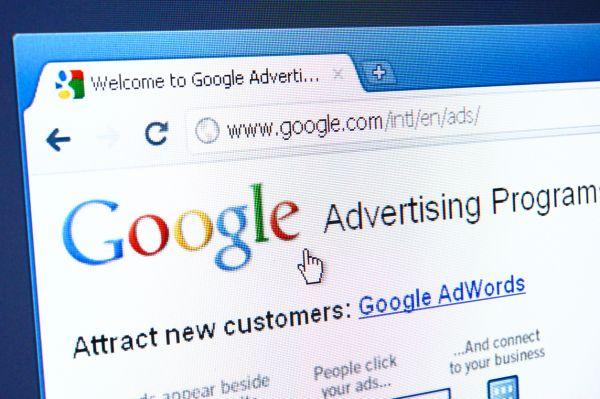It’s Official: Google Banning Crypto Ads
Google confirmed a previous report by Cryptonews.com that it has decided to ban all initial coin offering and cryptocurrency related advertising on its search engine.

The internet giant is banning any and all crypto-related ads starting June 2018, as part of their update on their financial services-related ad policies. This is only a part of a bigger crackdown on marketing of high-risk financial products, which crypto is judged to be part of.
The decision, announced Wednesday, clearly states its ban on “Cryptocurrencies and related content (including but not limited to initial coin offerings, cryptocurrency exchanges, cryptocurrency wallets, and cryptocurrency trading advice).”
Scott Spencer, Google’s director of sustainable ads, told CNBC: “We don’t have a crystal ball to know where the future is going to go with cryptocurrencies, but we’ve seen enough consumer harm or potential for consumer harm that it’s an area that we want to approach with extreme caution.”
This policy updates comes with the release of its annual “bad ads” report, a review of the number of malicious, deceptive and controversial ads Google deletes from its massive network. In 2017, Google said it removed more than 3.2 billion advertisements from the web – up from 1.7 billion in 2016. Of that, 79 million ads were removed for being clickbait for websites with malware.
They also suspended 7,000 customer accounts for ads that impersonated a news article and blocked more than 12,000 websites for copying information from other publications.
This comes not long after Facebook banned crypto ads, which then proved not enough to stop malicious players who purposely misspelling words in their ads. A Google spokeswoman said the company’s policies will try to anticipate workarounds like this, Bloomberg reported.
The ban is announced at the time when Google searches for the search terms “Cryptocurrency” and “ICO” are falling.
In February, The Times of Israel reported that Canadian and other law enforcement agencies were waiting for Google to follow Facebook and enact a specific ban.




